In the world of science, the smartest person is someone who makes really big discoveries and helps us understand things better. People like Stephen Hawking, Edward Witten, and Terence Tao are some of the smartest because they’ve figured out amazing things about space, physics, and math. But being the smartest isn’t just about one person—it’s about lots of scientists working together to learn more about the world. So, the smartest person isn’t just one person; it’s all the scientists who are helping us understand how things work!
- Stephen Hawking: Renowned for his groundbreaking work in theoretical physics and cosmology, Hawking became famous for his research on black holes and the theory of relativity, particularly his discovery that black holes emit radiation, now known as “Hawking radiation.” Despite battling ALS for most of his life, he made significant contributions to our understanding of the universe through his books like “A Brief History of Time,” which made complex scientific concepts accessible to the general public.

- Edward Witten: As one of the leading figures in theoretical physics, Witten is celebrated for his contributions to string theory, quantum field theory, and mathematical physics. He has received numerous awards for his work, including the Fields Medal and the Fundamental Physics Prize. Witten’s insights have advanced our understanding of fundamental forces and the structure of spacetime.

- Noam Chomsky: A prolific linguist, philosopher, and political activist, Chomsky is famous for his theory of generative grammar and his critique of mainstream media and U.S. foreign policy. His work in linguistics revolutionized the field, introducing the concept of universal grammar. Chomsky is also known for his activism, advocating for social justice and criticizing the concentration of power in politics and media.
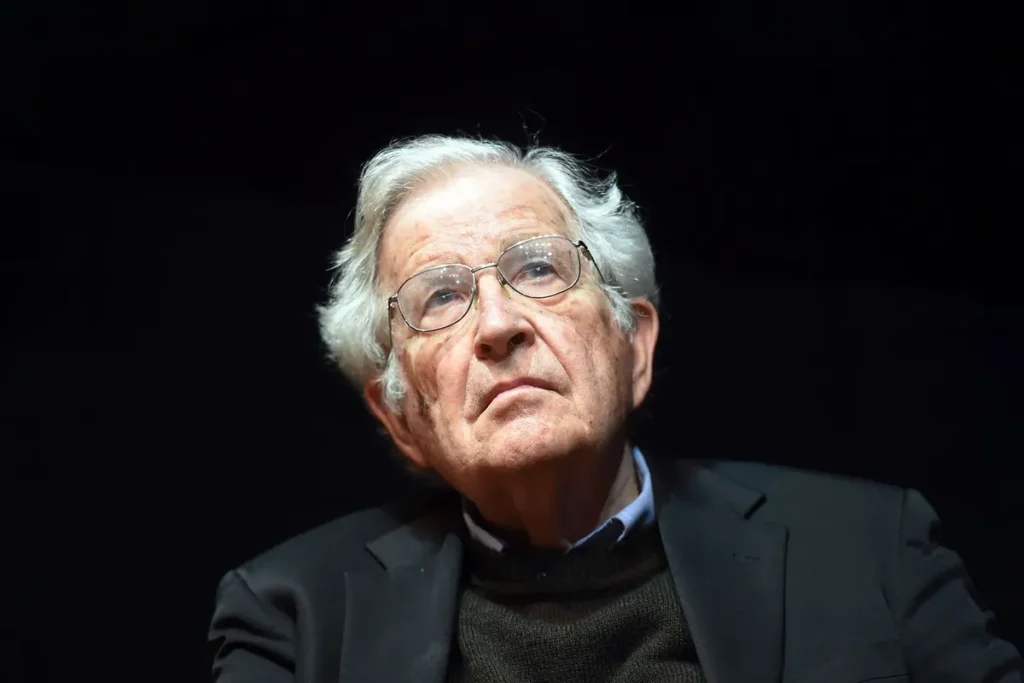
- Manahel Thabet: With an exceptional IQ, Thabet is recognized as a leading economist, researcher, and advocate for education. She gained fame for her work in economic development, particularly in the Middle East, and her efforts to promote STEM education and women’s empowerment. Thabet has held key positions in academic and governmental institutions, contributing to policy-making and economic reform.

- Judit Polgár: As one of the greatest chess players in history, Polgár gained fame for her exceptional talent and achievements in a male-dominated sport. She became the youngest Grandmaster at the age of 15 and defeated numerous world champions throughout her career. Polgár’s success shattered gender stereotypes in chess and inspired a new generation of players, particularly girls, to pursue the game.
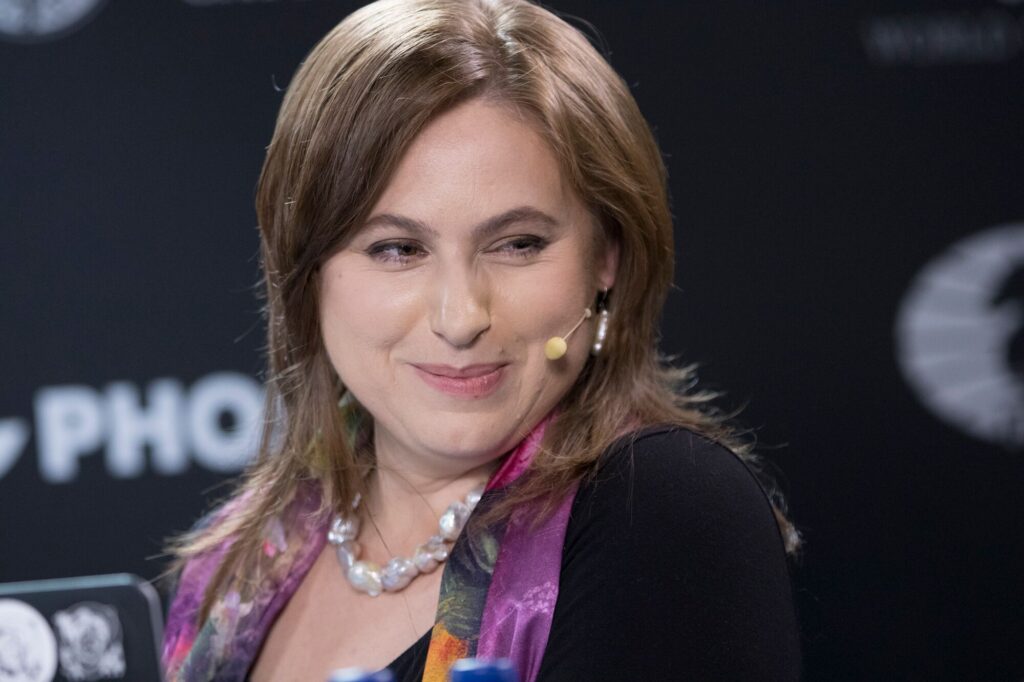
6. Andrew Wiles: Renowned for proving Fermat’s Last Theorem, one of the most famous and long-standing unsolved problems in mathematics. Wiles’ proof, which he completed in 1994 after years of intense work, solidified his reputation as one of the greatest mathematicians of his generation. His achievement has profound implications for number theory and mathematical research.
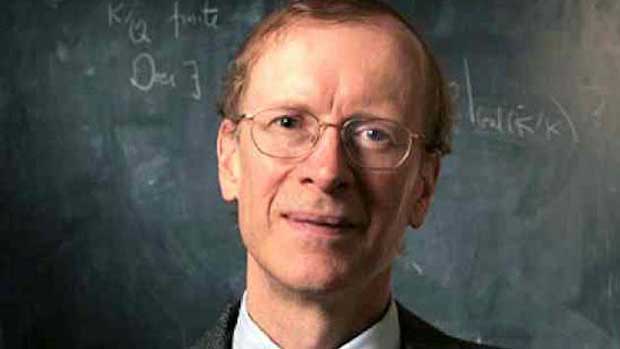
- Grigori Perelman: gained fame for proving the Poincaré conjecture, a fundamental problem in topology, which had puzzled mathematicians for over a century. Perelman’s proof, using Ricci flow and geometric analysis, earned him several prestigious awards, including the Fields Medal and the Millennium Prize. However, he famously declined the prizes and retreated from the mathematical community, preferring a reclusive lifestyle.
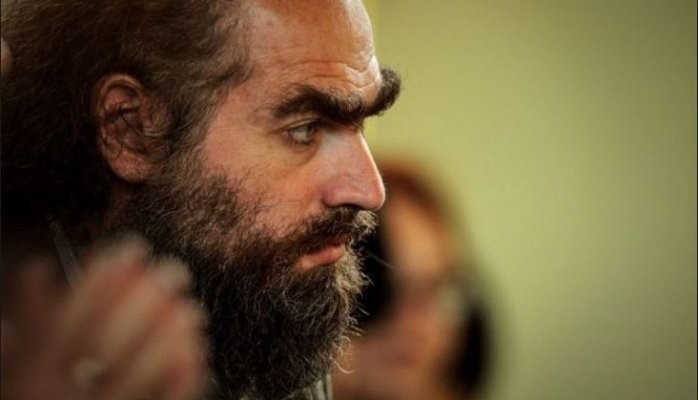
- John Sununu: Known for his exceptional intelligence, Sununu has had a multifaceted career in academia, politics, and business. He served as the Governor of New Hampshire and Chief of Staff to President George H. W. Bush. Sununu’s expertise in economics and technology policy has made him a prominent figure in public discourse, where he continues to advocate for conservative principles.

- Ruth Lawrence: With a remarkable IQ, Lawrence gained recognition as a child prodigy in mathematics, graduating from Oxford University at the age of 13. She has since pursued a career in academia, specializing in algebraic topology and number theory. Lawrence’s contributions to mathematics have earned her international acclaim, and she remains a role model for aspiring mathematicians.
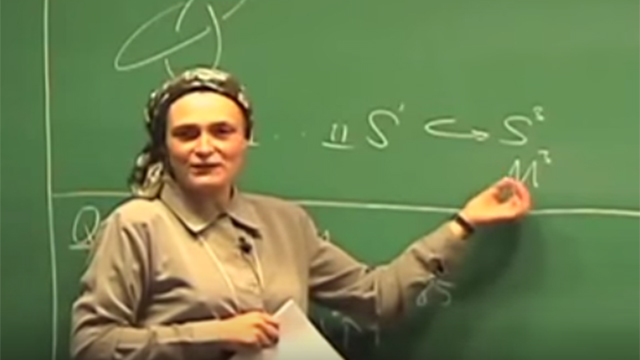
- Magnus Carlsen: Widely regarded as one of the greatest chess players of all time, Carlsen achieved grandmaster status at the age of 13, becoming one of the youngest to attain the title. He has dominated the chess world with his strategic prowess, winning numerous tournaments and holding the title of World Chess Champion since 2013. Carlsen’s innovative style and analytical approach have revolutionized the game.

- Saul Kripke: Renowned for his work in philosophy, logic, and linguistics, Kripke has made significant contributions to modal logic, naming and necessity, and the philosophy of language. His ideas have influenced diverse fields such as mathematics, computer science, and cognitive psychology. Kripke’s rigorous analysis and original thinking have earned him widespread recognition as one of the most important philosophers of the 20th century.
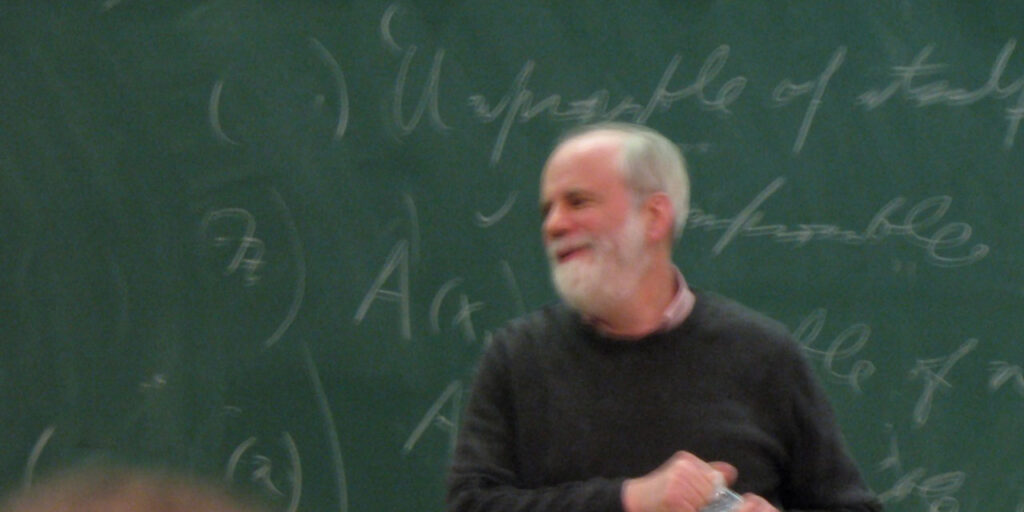
- Benjamin Netanyahu: A prominent figure in Israeli politics, Netanyahu has served multiple terms as Prime Minister, shaping the country’s domestic and foreign policies. He is known for his conservative stance on security issues and his efforts to promote Israel’s interests on the global stage. Netanyahu’s leadership has been marked by controversy and polarization, but he remains a significant figure in the Middle East and international politics.

- Akshay Venkatesh: Recognized for his exceptional mathematical talent, Venkatesh has made groundbreaking contributions to number theory, arithmetic geometry, and representation theory. He has received numerous awards for his work, including the Fields Medal, considered the highest honor in mathematics. Venkatesh’s insights have advanced our understanding of deep mathematical concepts and inspired future generations of mathematicians.
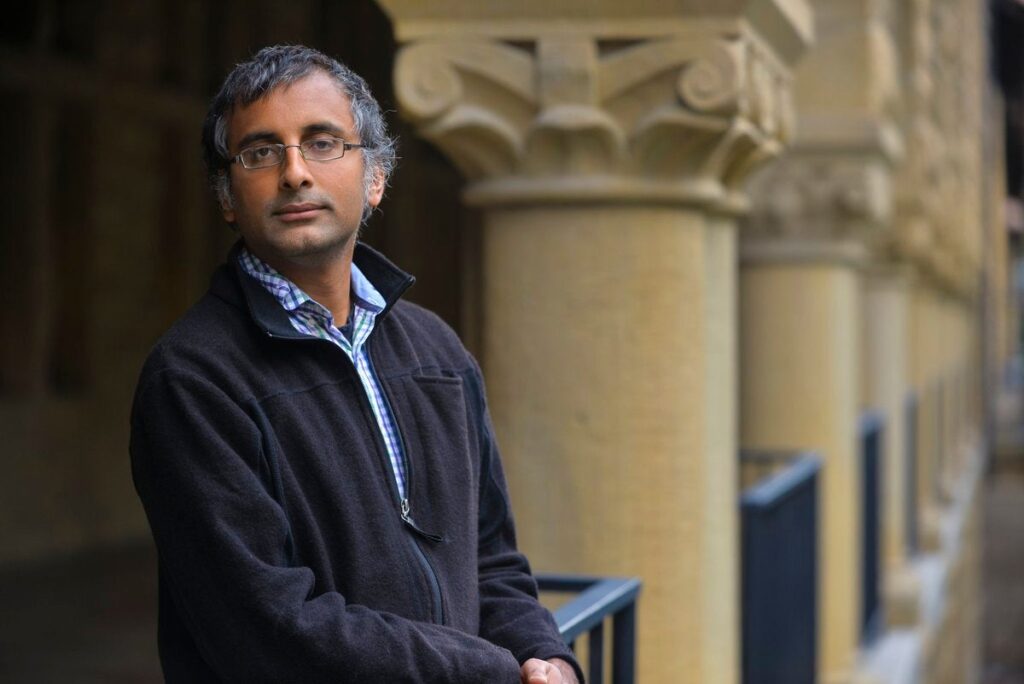
- Shahriar Afshar: Afshar gained fame for his experiments in quantum mechanics, particularly the Afshar experiment, which challenged conventional interpretations of the double-slit experiment and the nature of light. His research has sparked debates among physicists and philosophers about the foundations of quantum theory and the role of observation in shaping reality.

- Steven Pinker: A prominent cognitive psychologist and linguist, Pinker is known for his research on language, cognition, and human nature. He has written extensively on topics such as language acquisition, the decline of violence, and the evolution of morality. Pinker’s accessible writing style and interdisciplinary approach have made him a leading figure in the public understanding of science.

- Evangelos Katsioulis: With one of the highest recorded IQ scores, Katsioulis is celebrated for his intellect and academic achievements. He holds degrees in philosophy, medical research, and psychopharmacology and has pursued diverse interests ranging from psychology to music composition. Katsioulis’ exceptional cognitive abilities have earned him recognition as one of the smartest individuals in the world.
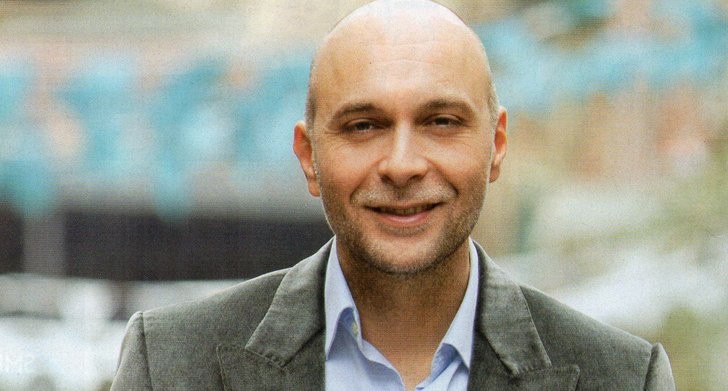
- Donald Knuth: Revered as the “father of the analysis of algorithms,” Knuth is famous for his multi-volume work “The Art of Computer Programming,” considered a seminal reference in computer science. His contributions to algorithms, data structures, and computational complexity theory have had a profound impact on the field of computer science and software engineering.
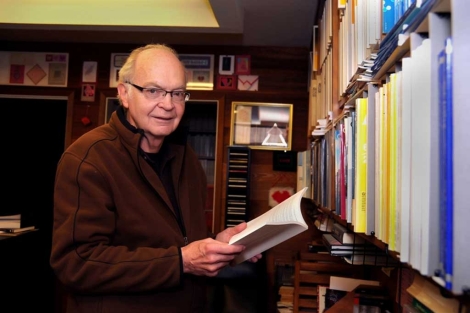
- James Woods: Known for his high intelligence and versatile acting skills, Woods has had a prolific career in film, television, and theater. He has received multiple Academy Award nominations for his performances in films such as “Salvador” and “Ghosts of Mississippi.” Beyond acting, Woods is recognized for his political activism and outspoken conservative views.
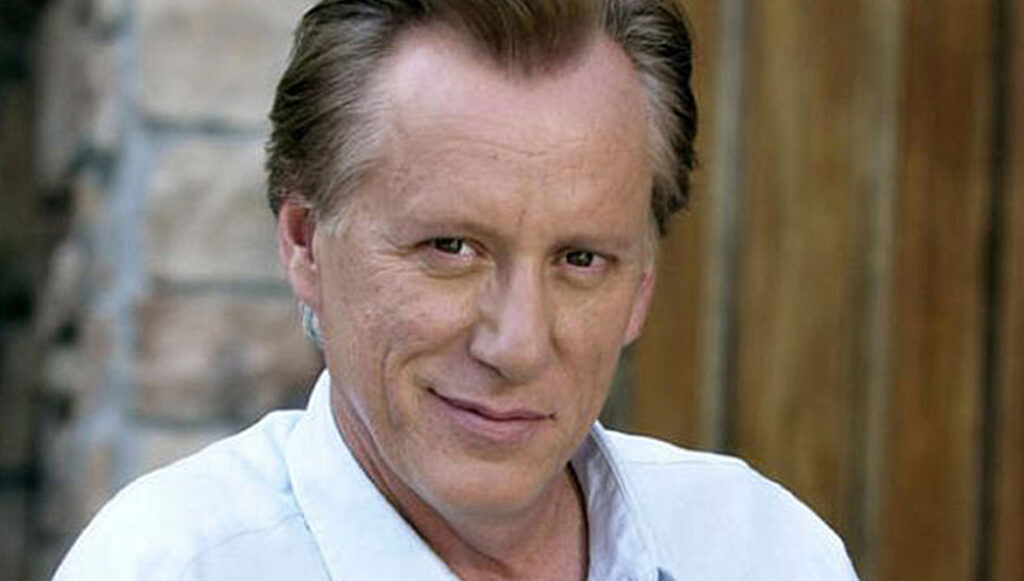
- Mislav Predavec: Recognized for his exceptional intelligence, Predavec has made significant contributions to the field of high IQ societies and psychometrics. He founded the GenerIQ Society and the Genius Olympiad, organizations dedicated to fostering intellectual exploration and collaboration among gifted individuals. Predavec’s work has helped advance our understanding of human intelligence and cognitive abilities.

- Marilyn Vos Savant: Renowned for having one of the highest recorded IQ scores, Marilyn Vos Savant gained fame through her column in Parade magazine, where she answers readers’ questions on a wide range of topics. She gained international attention for her extraordinary intelligence, which was recognized by the Guinness Book of World Records. Vos Savant’s insightful responses on logic puzzles, mathematics, and philosophy have made her a celebrated figure in the world of intelligence and problem-solving.
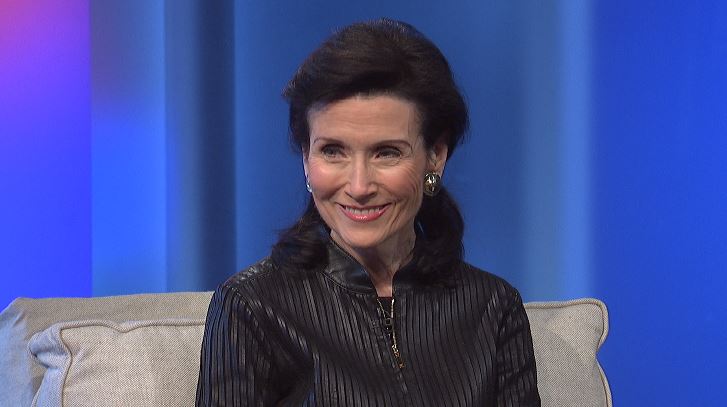
- Paul Allen: Co-founder of Microsoft alongside Bill Gates, Paul Allen played a pivotal role in the early development of the personal computer industry. His contributions to Microsoft’s success were significant, as he was instrumental in securing crucial contracts and developing key software products. Beyond his work in technology, Allen was a philanthropist and investor, supporting initiatives in healthcare, education, and environmental conservation.

- Garry Kasparov: Regarded as one of the greatest chess players in history, Garry Kasparov dominated the chess world for over two decades. He held the title of World Chess Champion from 1985 to 2000 and was known for his aggressive playing style and unmatched strategic vision. Kasparov’s matches against computers, particularly his famous showdowns against IBM’s Deep Blue, brought attention to the capabilities of artificial intelligence and its implications for human intelligence.
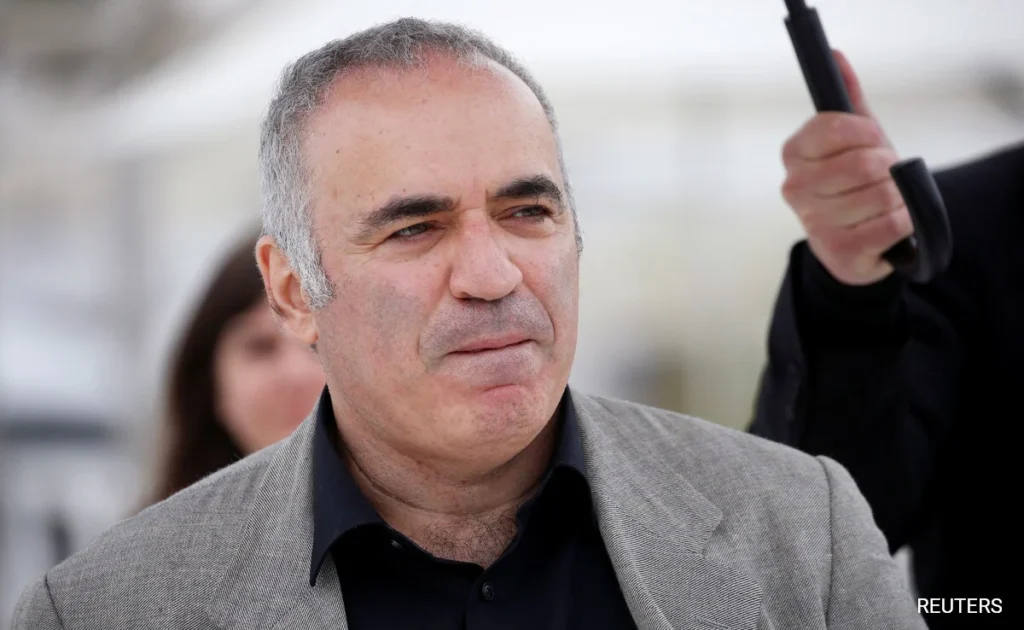
- Christopher Langan: With an exceptionally high IQ, Christopher Langan gained fame as one of the smartest individuals in the world. Despite facing numerous challenges in his early life, including poverty and familial instability, Langan pursued higher education and developed a cognitive theory known as the “Cognitive-Theoretic Model of the Universe.” His intellectual achievements and unconventional life story have captured public interest and led to comparisons with historical geniuses.

- Richard Rosner: Known for his remarkable intelligence and eclectic career, Richard Rosner has worked as a writer, television producer, and contestant on game shows. He gained widespread attention for competing on the game show “Who Wants to Be a Millionaire?” and other trivia competitions, showcasing his vast knowledge and quick wit. Rosner’s unconventional pursuits and humorous persona have made him a unique figure in popular culture.

- Kim Ung-Yong: Recognized as one of the smartest individuals in the world, Kim Ung-Yong gained fame for his exceptional intelligence from a young age. He entered university at the age of 4 and became a researcher at NASA by the age of 8. Kim’s early achievements in academia and his subsequent career as a professor have made him a symbol of prodigious intellect and the potential of early childhood education.
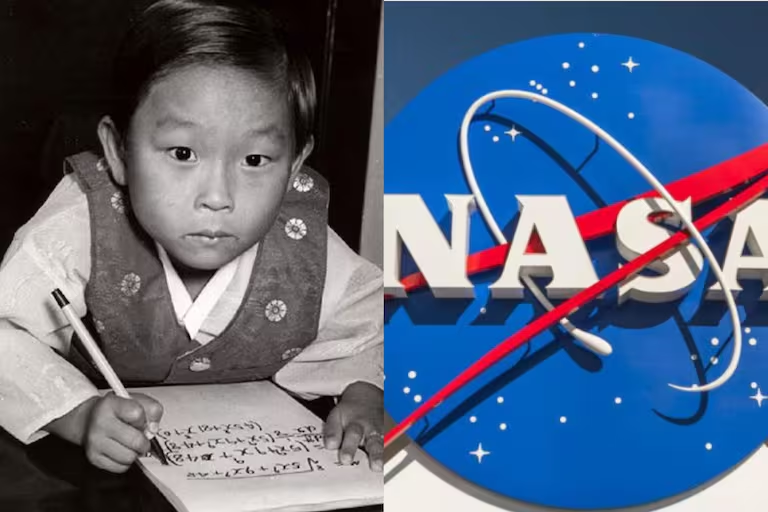
- Christopher Hirata: With a remarkably high IQ, Christopher Hirata gained recognition as a child prodigy in astrophysics and mathematics. He became the youngest American to win a gold medal at the International Physics Olympiad at the age of 13. Hirata’s research in cosmology, particularly his work on dark energy and the formation of galaxies, has earned him numerous awards and accolades, establishing him as a leading figure in theoretical astrophysics.
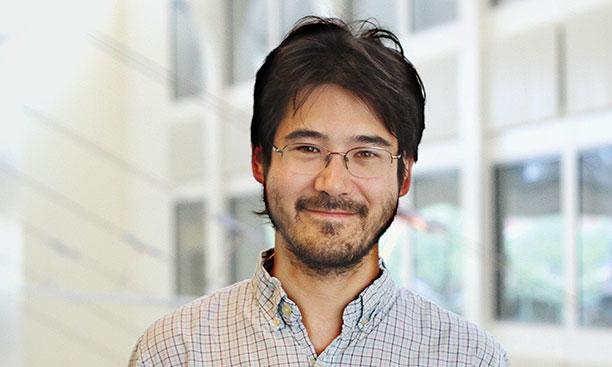
- Terence Tao: Widely regarded as one of the most brilliant mathematicians of his generation, Terence Tao has made groundbreaking contributions to a wide range of fields, including harmonic analysis, partial differential equations, and number theory. He became the youngest recipient of the Fields Medal at the age of 31 for his profound insights into the distribution of prime numbers. Tao’s prolific research output and his ability to solve long-standing mathematical problems have solidified his reputation as a mathematical prodigy and a leading figure in contemporary mathematics.
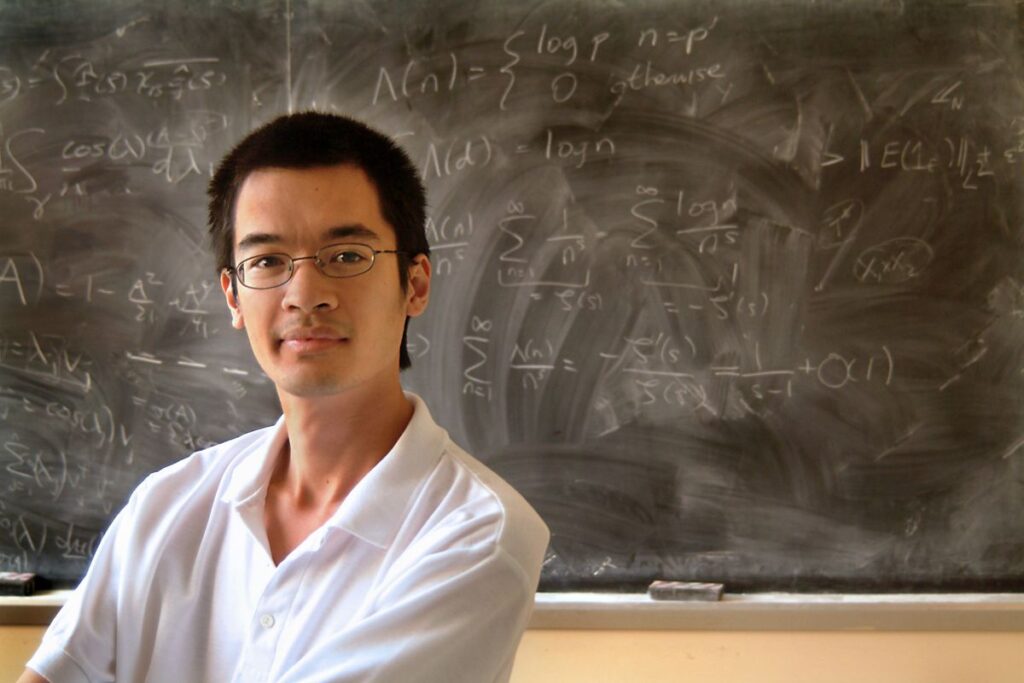
Conclusion:
In conclusion, These smartest person in the world represent a diverse array of fields, from theoretical physics and mathematics to linguistics, economics, and chess. What unites them is their exceptional intelligence and significant contributions to their respective fields, shaping our understanding of the world and inspiring future generations. From Stephen Hawking’s groundbreaking theories in cosmology to Terence Tao’s profound insights into mathematics, each person has left an indelible mark on their discipline and beyond. Their achievements serve as a testament to the power of intellect, dedication, and relentless pursuit of knowledge. As we reflect on their legacies, may we continue to celebrate and support intellectual curiosity and achievement in all its forms.










